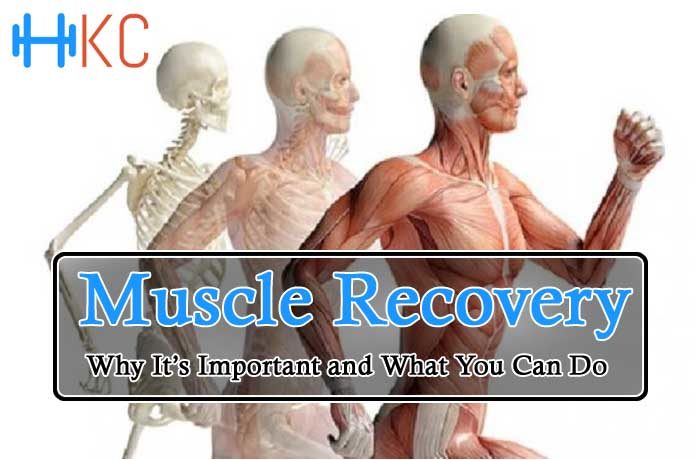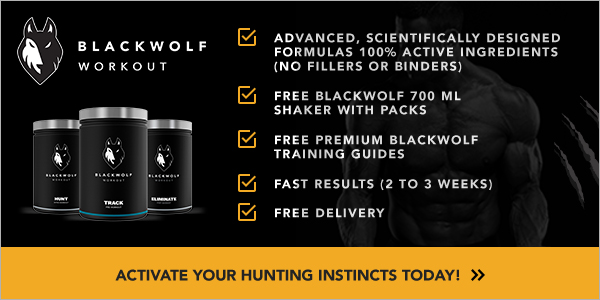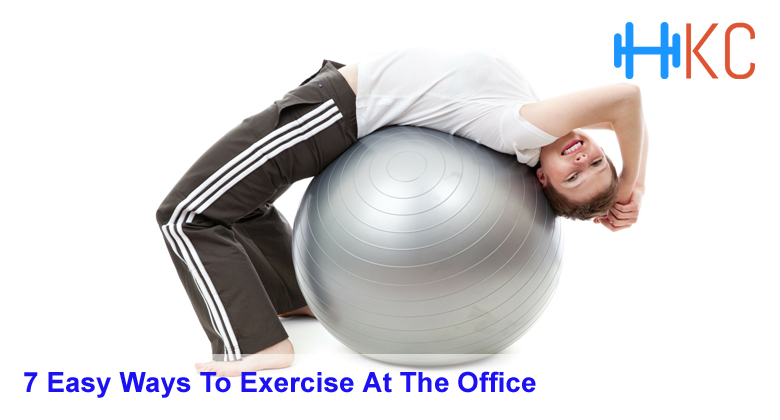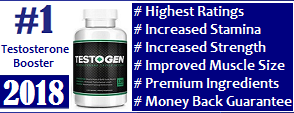When you’re training with strength or physique goals in mind, muscle recovery is as important, if not more important than the actual working-out side of things. If your muscles can’t properly rest up and heal, your progress is going to be extremely slow or even non-existent. The magic of muscle growth happens in the repair stage, not in the constant and relentless damaging of your muscles in the gym, so it’s important to know when and how to slow down and let your body recover properly if you want to see gains.
If you’re already taking care of yourself, there are some great bonus hacks and tricks you can throw into your recovery routine. Some ideas here include throwing some Epsom salts into a steaming hot bath, biohacking with saunas or cryotherapy and especially light therapy, which can aid in reducing soreness, inflammation and enhancing muscle recovery – you can click here to learn more about this treatment. These are all awesome extras to try out when your muscles are feeling extra fatigued, or you just want to try and speed up the recovery process.
However, it’s important that you have the basics of recovery down before looking into any additional tips or tricks.
Resting
Going hard 6 or 7 days every week might sound admirable and like true dedication, but it’s mostly just counterproductive. As mentioned, one of the most important aspects of muscle growth lies in the repairing stage, and that can only happen when you let your muscles rest. Taking at least one or two days per week to slow down, rest and let things heal up is crucial in this process. If you don’t like spending a full day without movement, an active recovery day will work just as well – limit your activity to something restorative like a long walk, a stretch or a short and calming yoga session. In that way, you can get in your activity without putting too much strain on your muscles and interrupting the recovery process.
Even further than this, we all know that we get our best rest when we’re asleep – and the same is said for your muscle recovery. Aiming for a solid 7-8 hours of quality sleep each night will see your gym progress flying. If you’re someone who struggles with getting to sleep early enough or feels restless all night and then groggy in the morning, look into some sleep management tips and try to develop a bedtime routine that really works for you.
A final element of rest is managing your stress levels – being overly stressed is scientifically proven to negatively impact muscle recovery and therefore, your overall progress. Finding healthy coping mechanisms to deal with stressful situations and general life stresses (like meditation, yoga, getting outdoors, spending time with family, or whatever works for you personally) is an important part of the road to recovery.
Stretching
We need to discuss the elephant in the room – most of us aren’t stretching nearly enough. Stretching before and after every workout isn’t on the top of every bodybuilder’s priority list, but it should be. Most of us know that warming up is crucial to get everything moving and get the blood flowing in your body, it helps your lifts feel smoother and more manageable and also aids in preventing an injury which could put you out of the gym for weeks (nobody wants that). A 10-minute cardio session (on a treadmill for example) followed by a few minutes of dynamic stretching will do the trick. However, many people fail to realise that cooling down is just as important. Other than bringing your heart rate down to a comfortable level after your sweat session, it’s the first step in helping your muscles to recover. In this case, some static stretching and foam rolling will do wonders, and you probably won’t wake up the next morning unable to get down the stairs.
Nutrition
We all know the saying that “abs are made in the kitchen,” but truthfully, the same can be said for your overall physique. You can work as hard as you like in the gym, but if you aren’t nailing your nutrition, you probably aren’t going to see as much progress as you’d like. Hitting adequate levels of protein each week is your number one priority, as this is the macronutrient that works in your body to repair and build on those damaged muscles, but don’t forget to pay attention to your micronutrients too. Every facet of your diet will play a role in how well and how quickly you recover, so hitting your protein target as well as getting in your five a day will be really beneficial.
Fuelling your body with the right kinds of foods at the right times can also help. Getting in a good amount of protein as well as carbohydrates pre-workout, and then smashing your protein post-workout will give you optimal results. On top of that, make sure that you’re fuelling your body with enough calories to boost your workouts and aiding in that recovery process.
Naturally, along with nutrition comes hydration, yet another crucial element in your fitness regime. Training is sweaty work, and when we sweat, we lose a lot of water that needs to be replenished. Hydrating throughout your workout will help replace all that lost water and making sure that you’re drinking at least your 8 glasses a day is going to help lubricate everything in your body and allow those muscles to heal.
Supplements
Not all supplements were created equal, and there are a few out there that are real money-wasters. However, if you choose your supplements wisely, you can really boost your recovery process and get yourself back into the gym faster and stronger than before. Some basic but really useful supplements to include in your arsenal are a good whey protein (to help boost your protein intake) and creatine monohydrate which hydrates your muscles and boosts strength, power and muscle mass. Another inexpensive supplement you can try out is BCAAs (branched chain amino acids), which will help maintain and boost your muscle growth.

















